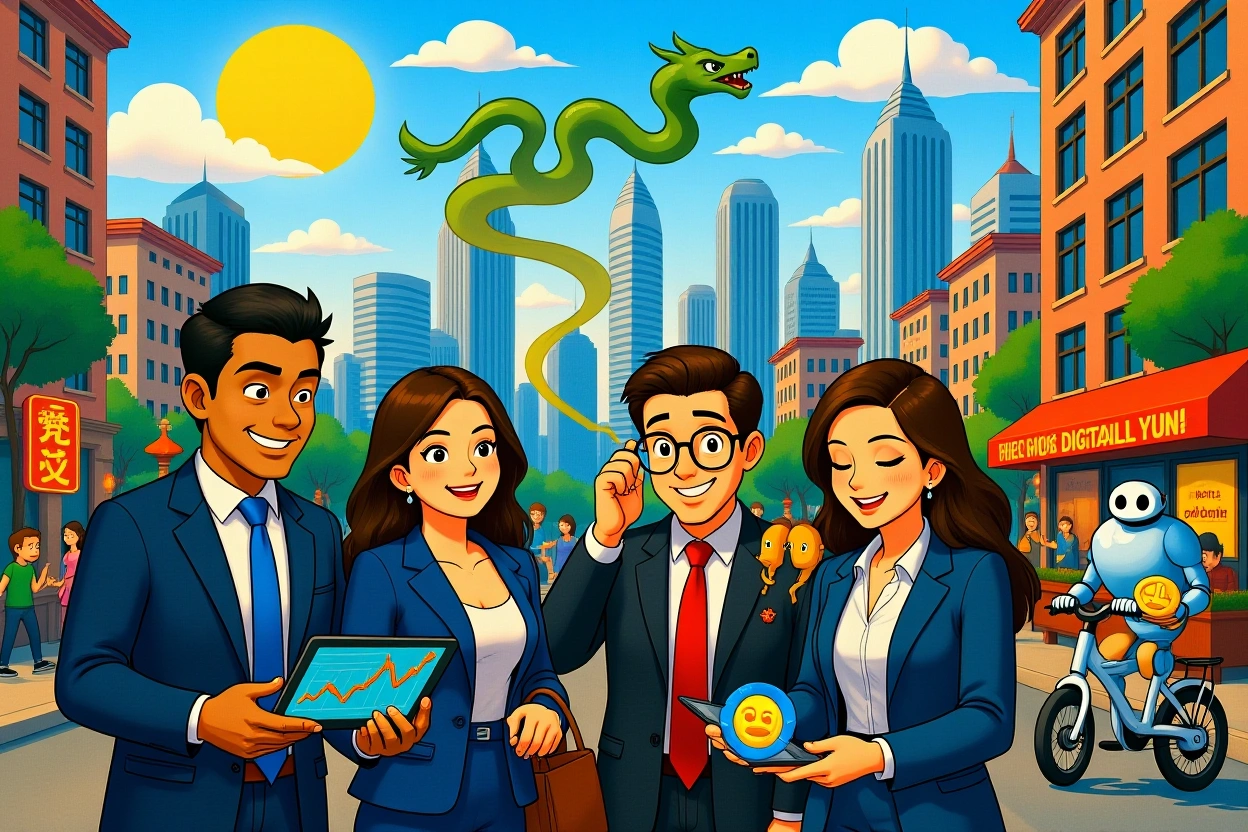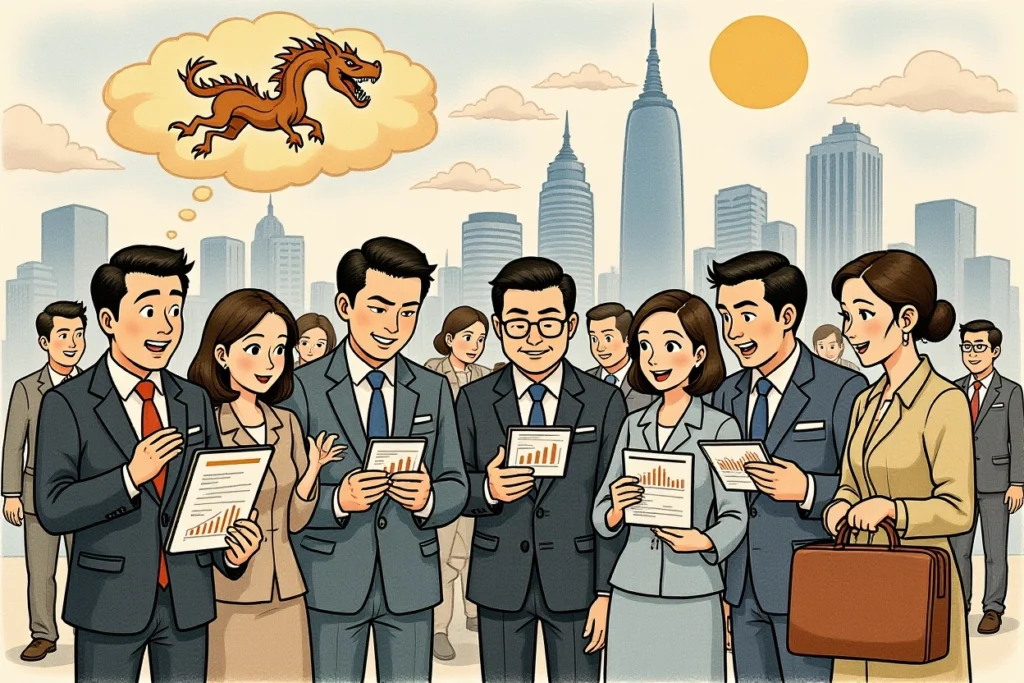The Escalating Tech Titan Conflict
Elon Musk’s social media outburst sent shockwaves through Silicon Valley this week as the billionaire threatened immediate legal action against Apple. Through his platform X (formerly Twitter), Musk accused Apple of manipulating App Store rankings to benefit OpenAI while suppressing competitors like his Grok AI chatbot. This dramatic escalation spotlights the intensifying battle for AI dominance and raises critical questions about fair competition in digital marketplaces. The timing couldn’t be more significant, coming just days after OpenAI unveiled its powerful GPT-5 model.
Core Allegations and Immediate Fallout
Musk’s central allegation targets Apple’s curation practices: ‘Apple’s behavior makes it impossible for any AI company except OpenAI to reach number one on the App Store charts – a clear antitrust violation.’ His frustration peaked when Apple excluded both X and Grok from its ‘Must-Have Apps’ section despite Grok ranking as the fifth most downloaded free app. Industry analysts note this marks Musk’s most direct legal threat against Apple since their 2023 clash over OpenAI integration.
Evidence Behind the Antitrust Claims
Current iOS charts substantiate parts of Musk’s argument. OpenAI’s ChatGPT dominates as the #1 free app in the US iOS store and remains the sole AI chatbot featured in Apple’s curated ‘Must-Have’ section. Meanwhile, Sensor Tower data confirms ChatGPT’s parallel dominance on Google Play. This visibility imbalance becomes particularly notable considering Grok’s impressive ascent to #5 overall in free app downloads shortly before Musk’s outburst.
The Ranking Mechanics Question
App Store rankings combine complex algorithms evaluating downloads, engagement, and editorial selection. Apple maintains its selections reflect objective quality assessments. However, developers have long questioned the transparency of this process. Legal experts highlight that if discovery mechanisms systematically disadvantage competitors, it could constitute illegal monopolistic behavior under Section 2 of the Sherman Antitrust Act. The coming legal action against Apple will likely subpoena internal ranking criteria documentation.
Historical Context: Apple and OpenAI Partnership
The current friction originates from Apple’s 2023 announcement integrating ChatGPT at the operating system level across its device ecosystem. Musk immediately condemned this as an ‘unacceptable security violation,’ threatening to ban Apple devices from his companies. This integration deal provides OpenAI privileged ecosystem access that competing AI developers lack. Industry analysts observe this structural advantage manifests in ChatGPT’s persistent chart dominance.
The AI Arms Race Intensifies
Grok’s Ascent and Musk’s Claims
Musk’s xAI released Grok 4 in July 2024, which he proclaimed ‘the world’s most powerful AI currently available.’ The model’s integration with X provides unique real-time data advantages. Grok’s rapid climb to #5 in free app downloads demonstrates significant market traction. However, its absence from Apple’s featured sections limits visibility compared to ChatGPT’s prominent placement.
OpenAI’s GPT-5 Countermove
Days before Musk’s legal threat, OpenAI unveiled GPT-5 – positioned by CEO Sam Altman as ‘a PhD-level expert on demand.’ Beyond technical enhancements, GPT-5’s aggressive pricing undercuts competitors. This one-two punch of superior placement and lower pricing creates formidable market barriers. Analysts at TechStrategy Group note: ‘Apple’s platform control combined with OpenAI’s pricing power creates an exclusionary ecosystem that validates Musk’s antitrust concerns.’
Legal Pathways and Industry Implications
Legal experts anticipate Musk’s team will build their case around three core arguments: preferential treatment of OpenAI through featured placements, algorithmic suppression of competing AI apps, and contractual restrictions preventing alternative AI integrations at the OS level. The potential legal action against Apple could follow multiple pathways:
- Federal antitrust lawsuit alleging monopolistic practices
- App Store policy violation claims through Apple’s developer dispute process
- Regulatory complaints to the FTC and EU Digital Markets Act enforcers
Broader Ecosystem Consequences
A successful challenge could force Apple to restructure its App Store curation practices, potentially establishing:
- Transparent algorithmic ranking criteria
- Equal featuring opportunities for competing AI apps
- Third-party audit mechanisms for editorial selections
Market Realities and Strategic Positioning
Beyond legal arguments, the conflict underscores xAI’s struggle against OpenAI’s first-mover advantage. Despite Grok’s technical merits, ChatGPT maintains overwhelming brand recognition. Sensor Tower data reveals ChatGPT has maintained top-5 status for 15 consecutive months versus Grok’s recent breakthrough. The timing of Musk’s legal threat coincides strategically with GPT-5’s launch – potentially aiming to disrupt OpenAI’s momentum through regulatory scrutiny.
What Comes Next in the Showdown
All eyes now turn to Apple’s response and xAI’s next legal moves. Industry observers should monitor three critical developments: whether Musk follows through with immediate litigation, if regulatory bodies launch independent investigations, and how Apple adjusts its AI app curation policies. This high-stakes confrontation may redefine platform fairness standards across the tech industry. For consumers and developers alike, the outcome will shape whether the legal action against Apple succeeds in creating a more competitive AI marketplace where innovation triumphs over platform favoritism. Follow this developing story for updates on what could become a landmark tech antitrust case.




